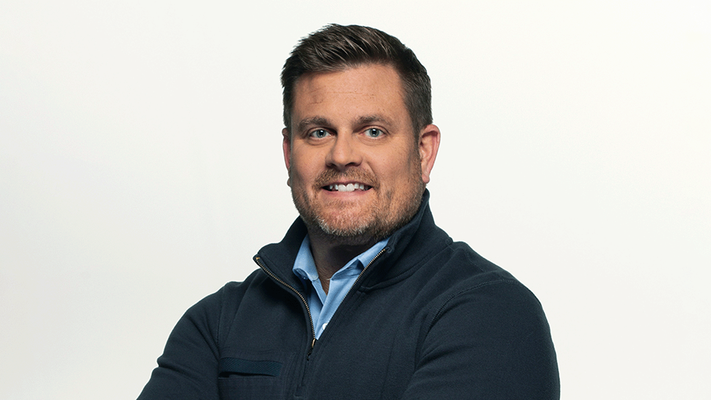
In a new study, published in JAMA Internal Medicine, primary care practitioners (PCPs) identified several contributing factors to burnout and low professional fulfillment. The research authors wrote that this marked one of the few studies that “engage frontline PCPs for their perspectives.”
To conduct this qualitative study, the researchers arranged focus group discussions and interviews among 26 PCPs (21 physicians, 3 nurse practitioners and 2 physician assistants) between February and April 2018 at a US academic medical center with a network comprised of 15 primary care clinics. Subsequently, the researchers queried the PCPs about all factors contributing to burnout and barriers to professional fulfillment. They also asked them to identify potential solutions related to workplace culture and efficiency, work-life balance, and resilience. The answers served as the study’s primary endpoint.
PCPs Feel Dissonance
The results of the study revealed six common themes emerged from PCPs’ experiences with burnout: they included three external contributing factors and three internal manifestations. The PCPs described burnout resulting from overwhelming workloads that increasingly involve less medical work and more office work, and work environments that push unreasonable expectations. These PCPs felt demoralized by their work conditions, undervalued by both local institutions and the health care system as a whole, and conflicted in their daily work.
Moreover, the PCPs projected a sense of professional dissonance, or “discomfort from working in a system that seems to hold values counter to their values as clinicians.” They suggested potential solutions focused around eight themes: managing the workload, caring for PCPs as multidimensional human beings, disconnecting from work, recalibrating expectations and reimbursement levels, promoting PCPs’ voice, supporting professionalism, fostering community, and advocating reforms beyond the institution.
https://twitter.com/clin_owl/status/1214265483320594432?s=20
“In sharing their perspectives on factors contributing to burnout, frontline PCPs interviewed during this study described dissonance between their professional values and the realities of primary care practice, an authority-responsibility mismatch, and a sense of undervaluation,” the research authors wrote in their conclusion.
“Practitioners also identified possible solutions institutions might consider investing in to resolve professional dissonance, reduce burnout rates, and improve professional fulfillment.”
Professional Dissonance and #Burnout in Primary Care. A lot of the themes here are applicable to any medical specialty that is predominantly out-patient clinic-based (i.e., "cognitive" specialties) https://t.co/dSRy9XSyNJ
— Tuhina Neogi, MD, PhD (@Tuhina_Neogi) January 6, 2020
Great to read a @JAMAInternalMed paper on primary care burnout that drills into root causes https://t.co/kDKkJYd9RX pic.twitter.com/XRXfiPb6B8
— Christopher A. Longhurst (@CALonghurst) January 6, 2020







 © 2025 Mashup Media, LLC, a Formedics Property. All Rights Reserved.
© 2025 Mashup Media, LLC, a Formedics Property. All Rights Reserved.